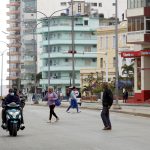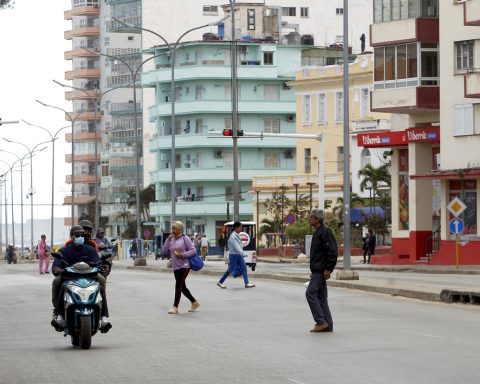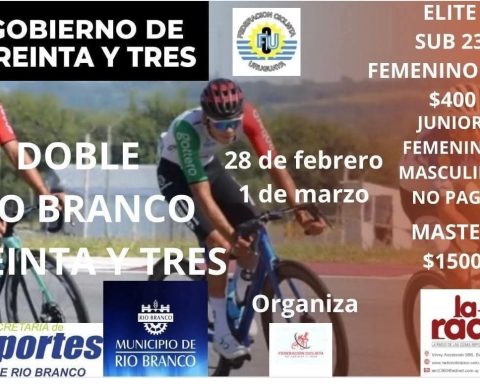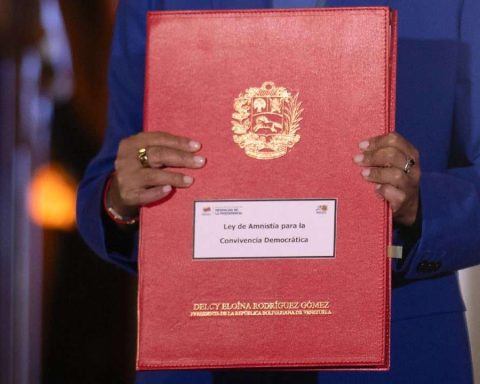The Fundación Puentes para el Desarrollo presented this Tuesday, June 6, in San José, Costa Rica, the first report on Economic and Social Rights in Nicaragua (DES).
The report was based on the economic, political and social context. In addition, issues on the condition of women were addressed; teenage pregnancies; forced displacements and cases of corruption.
Related news: Defenders denounce the “oppression and poverty” suffered by Nicaragua at the Summit of the Americas
In the findings found, labor informality in Nicaragua was highlighted. They point out that the country lacks all types of labor protection, where there is no minimum wage, pre and post natal rest, in the case of women; Unregulated working hours, lack of coverage in case of illness or accident because people are not affiliated with social security.
In addition, it was highlighted that eight out of 10 people in the Nicaraguan labor population do not properly enjoy the right to work and that labor informality has affected strata with low levels of education, women, youth, and the elderly.
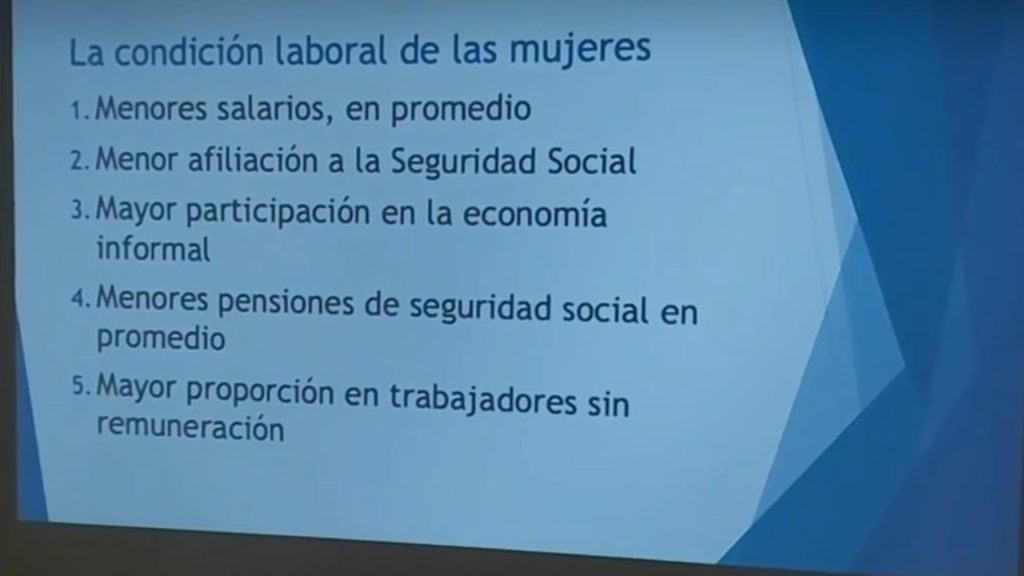
Regarding the basic diet of Nicaraguans and its cost, the report showed that between January and December 2022, the cost of food rose by 22%. It was also known, through a survey carried out by Puentes para el Desarrollo, that the main products, such as tortillas, cheese, beans and meat, became considerably more expensive.
In contrast to the increase in the basic basket, the study showed that the minimum wage in Nicaragua did not increase more than the cost of food, since last year its adjustment was barely 10 percent.
deficiency in education
Despite the fact that the government of Daniel Ortega affirms that education in Nicaragua is of quality, thus projecting, in 2021, 98.4 percent pass rates in primary education and 96.8% in secondary education, the research contradicts those numbers.
The affirmation of the dictatorship, as reflected by Puentes para el Desarrollo, is contrasted with the data collected by UNESCO, who in its Comparative and Explanatory Regional Study (ERCE 2019), pointed out that Nicaragua presents results below the average in the region in the tested areas of Reading, Mathematics and Science, in third and sixth grade.
Related news: They denounce that the closure of private universities in Nicaragua “curtails the right to education”
He also stressed that the 95 percent of sixth grade students were below the Minimum Proficiency Level in science, 97% in Mathematics and 87% in Reading.
For her part, Egipcia Dubón told Article 66 that what the report intends is to “place on the table that economic and social rights are being violated on a massive scale in Nicaragua.”
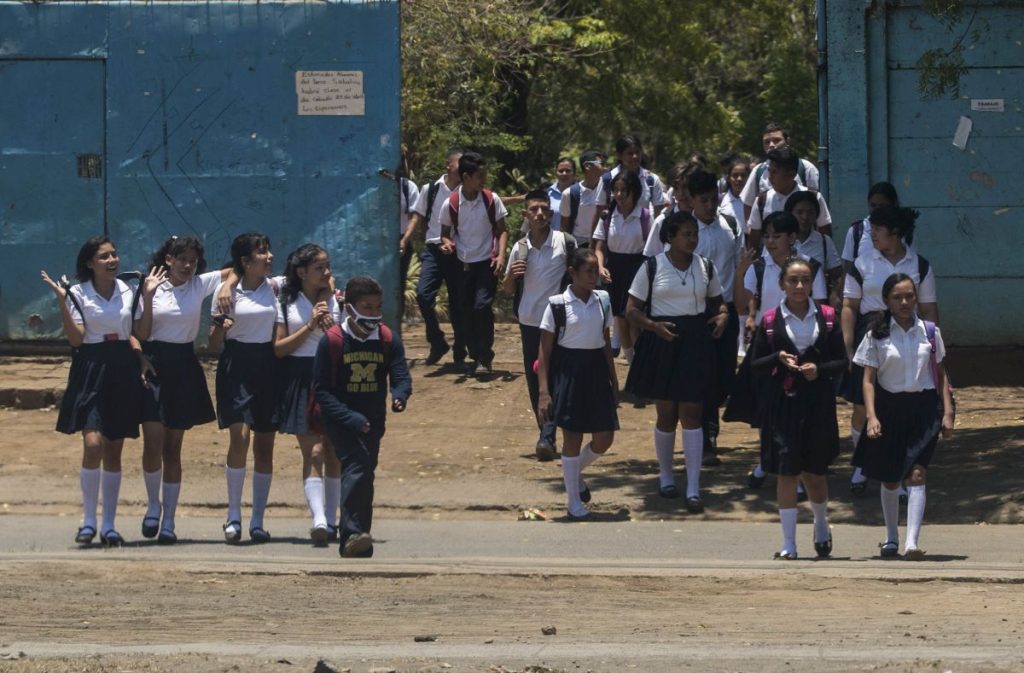
“The data presented is alarming in terms of the conditions of young people, children, women, and the elderly, in terms of social security, health, education, opportunities, and forced migration, since Nicaragua is exporting the demographic bonus,” he said.
Dubón stated that the Government of Nicaragua is called to listen to all these problems because it ensures that if people do not have better opportunities “in the short, medium and long term, it would be a time bomb in society.”







